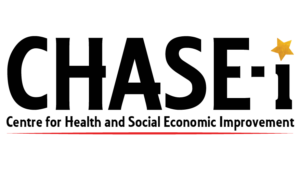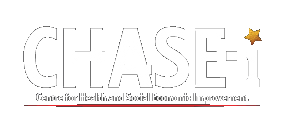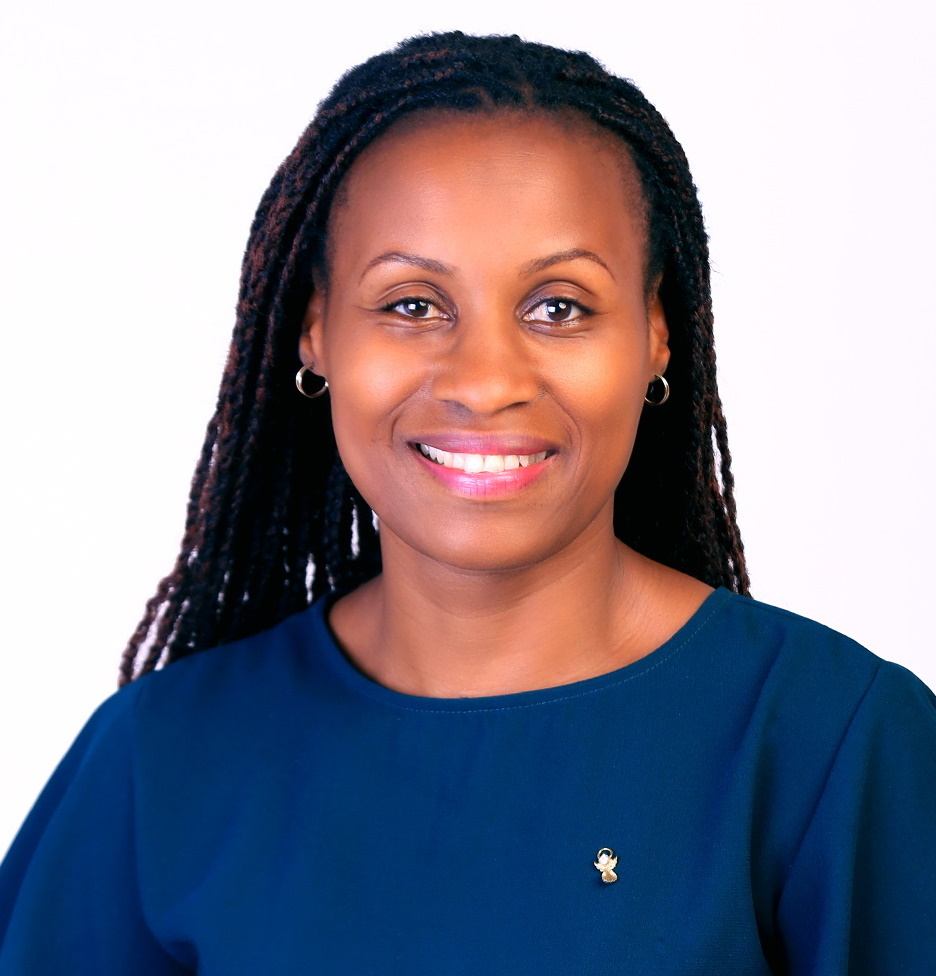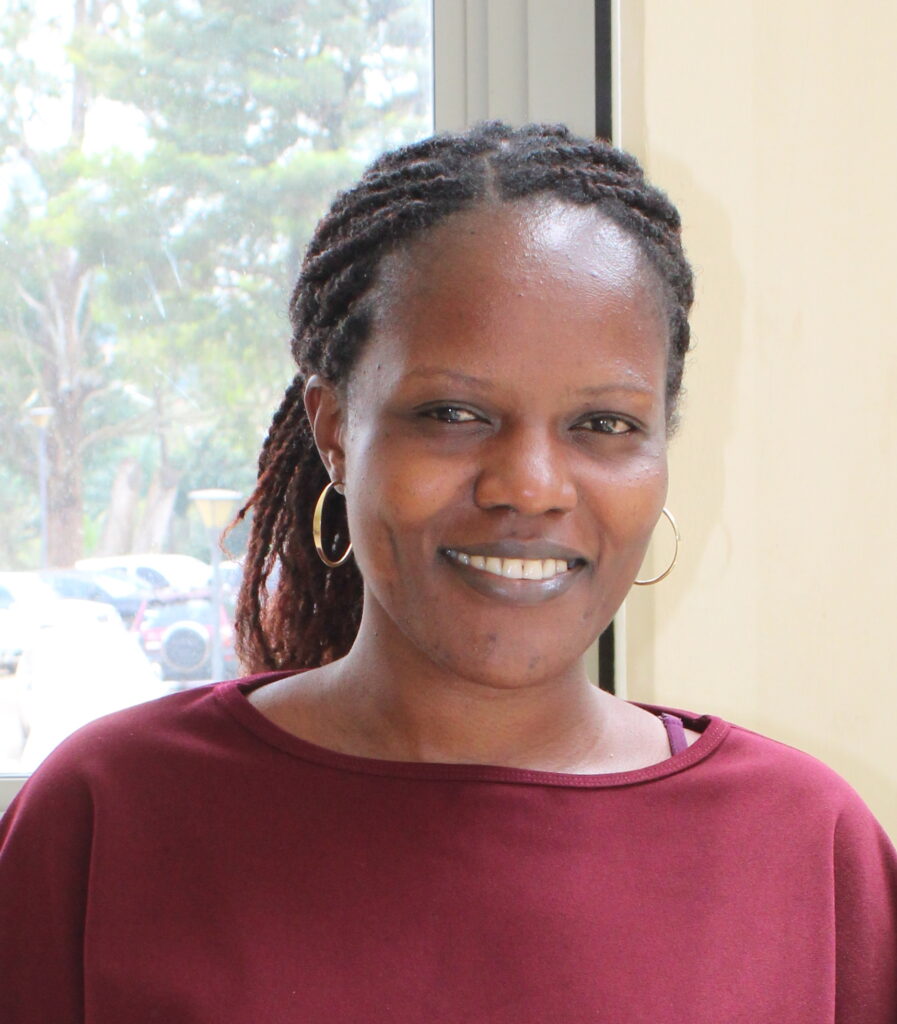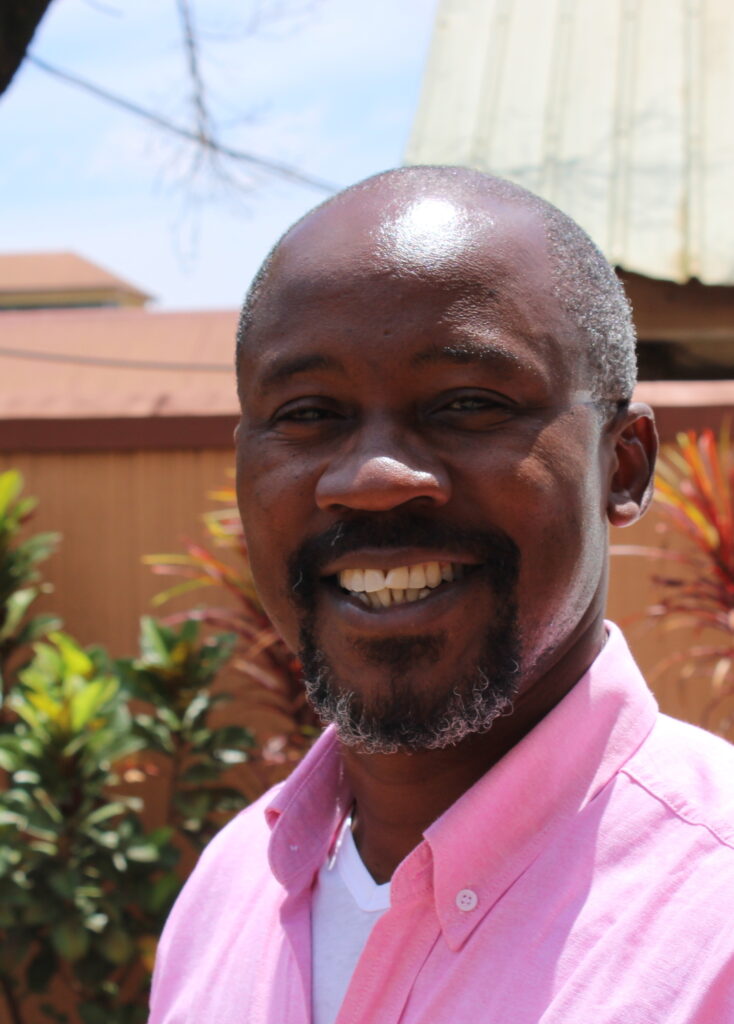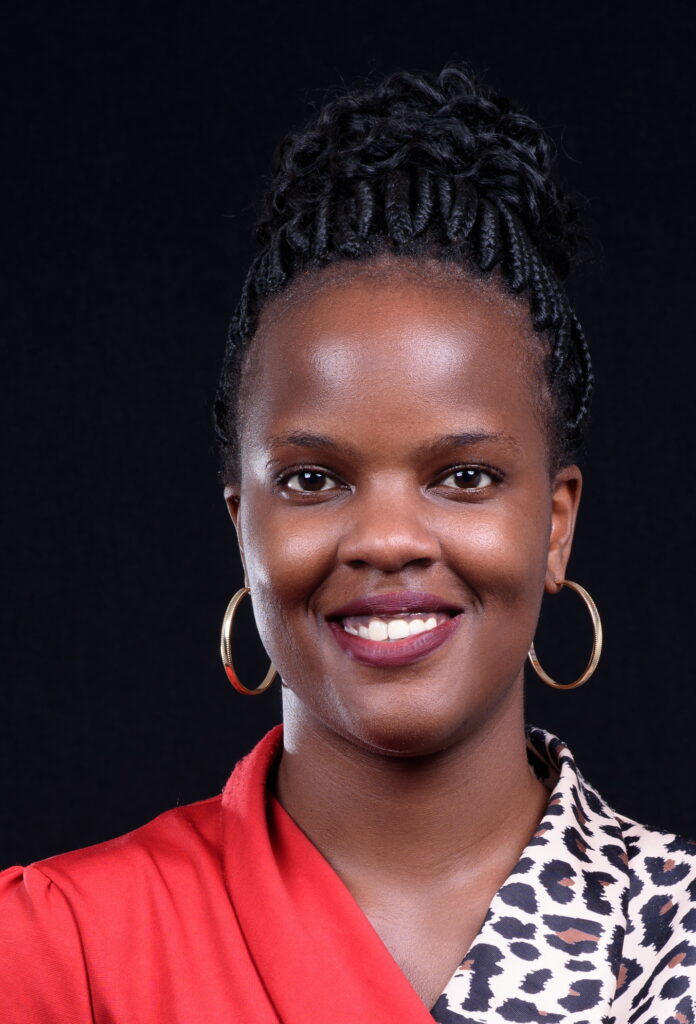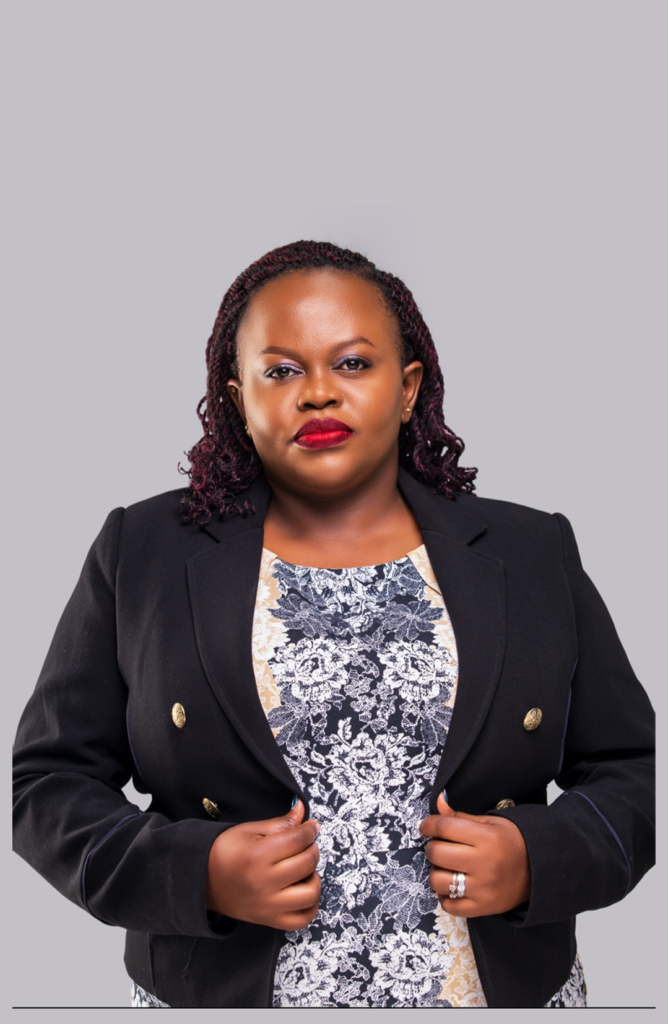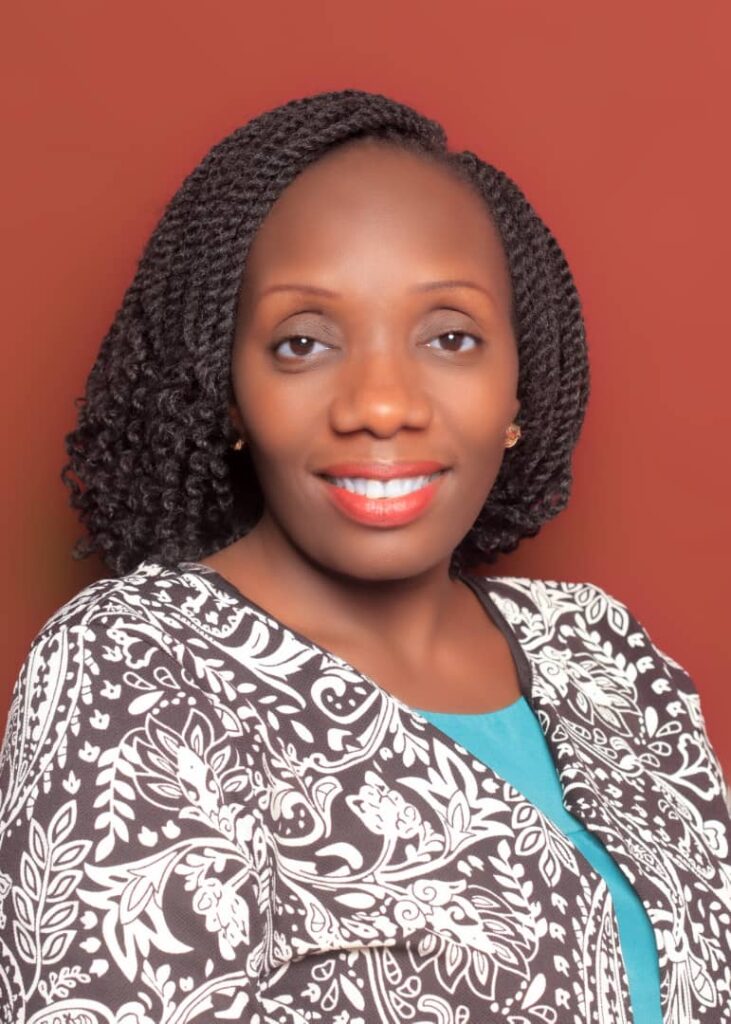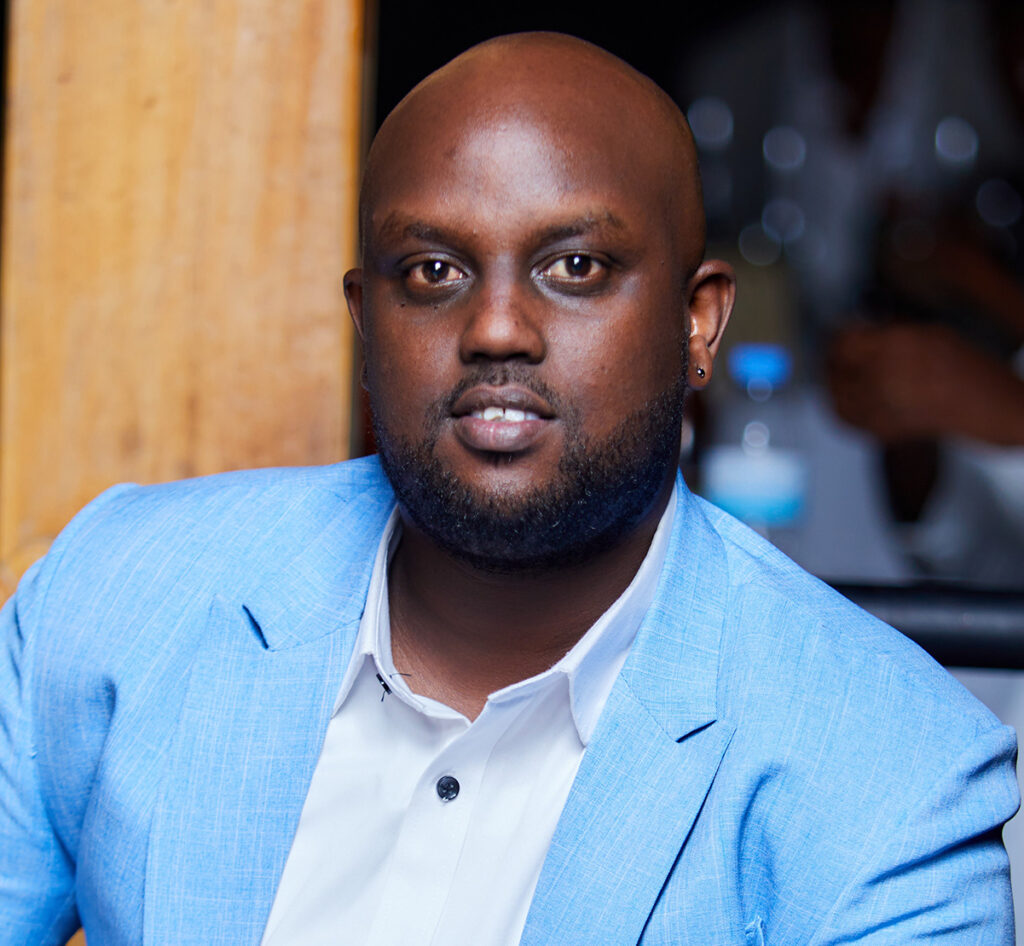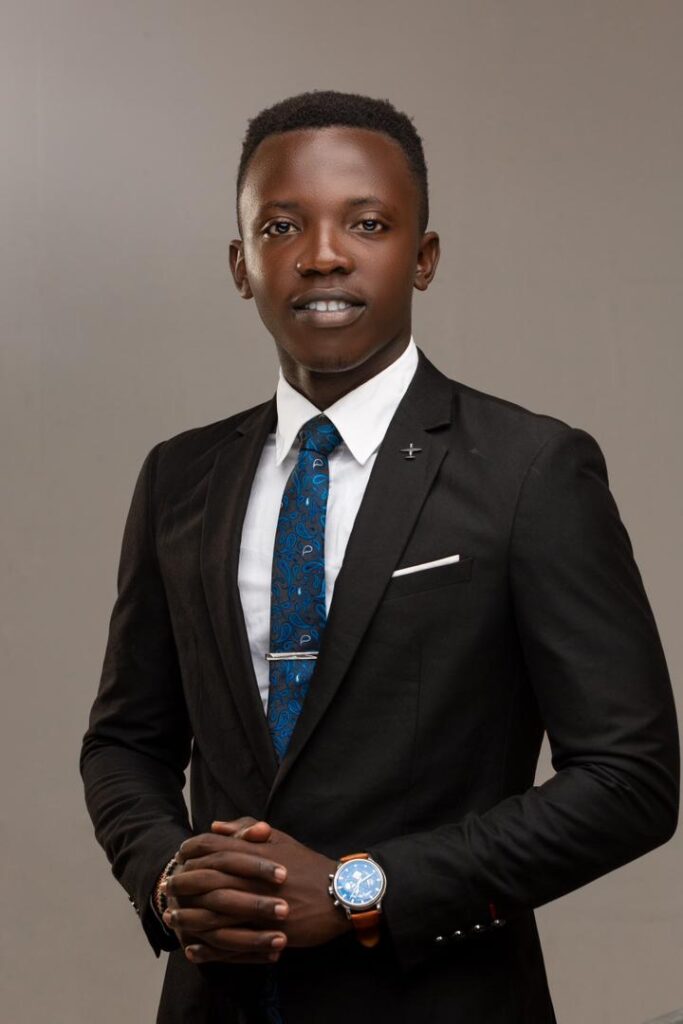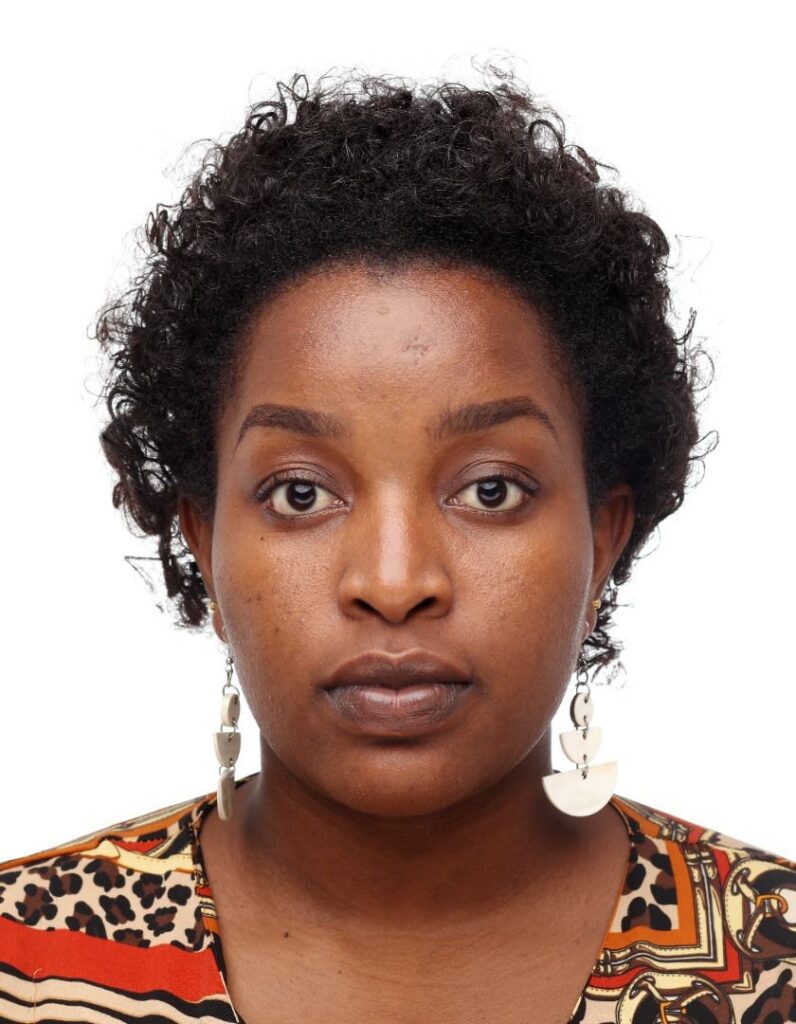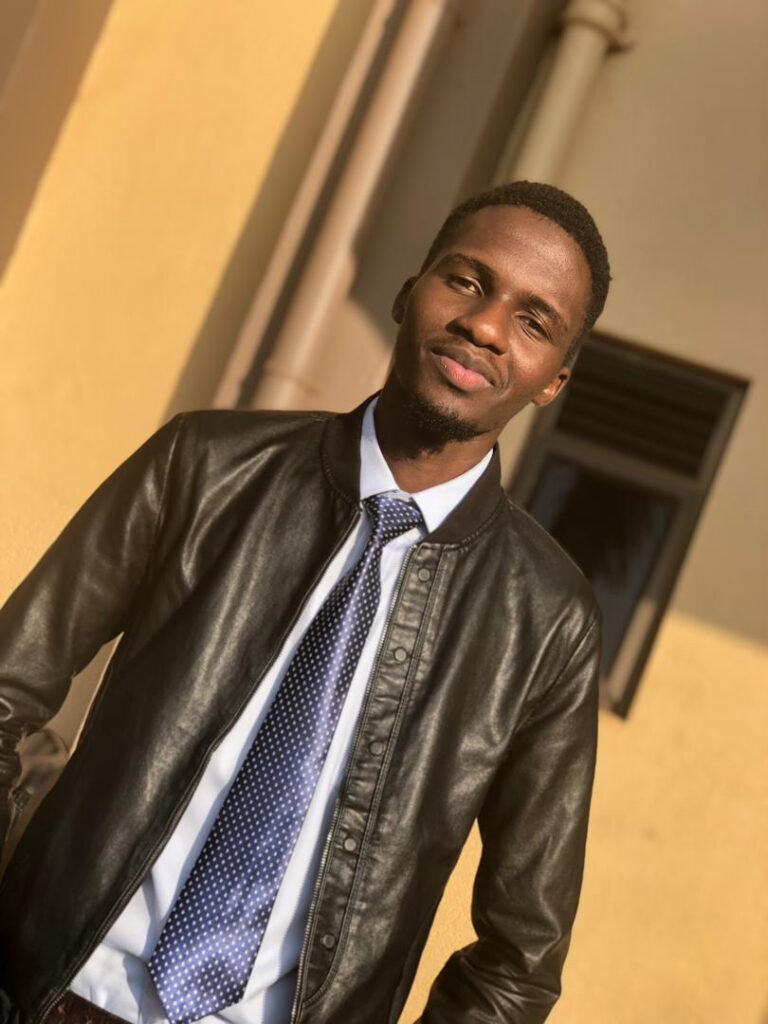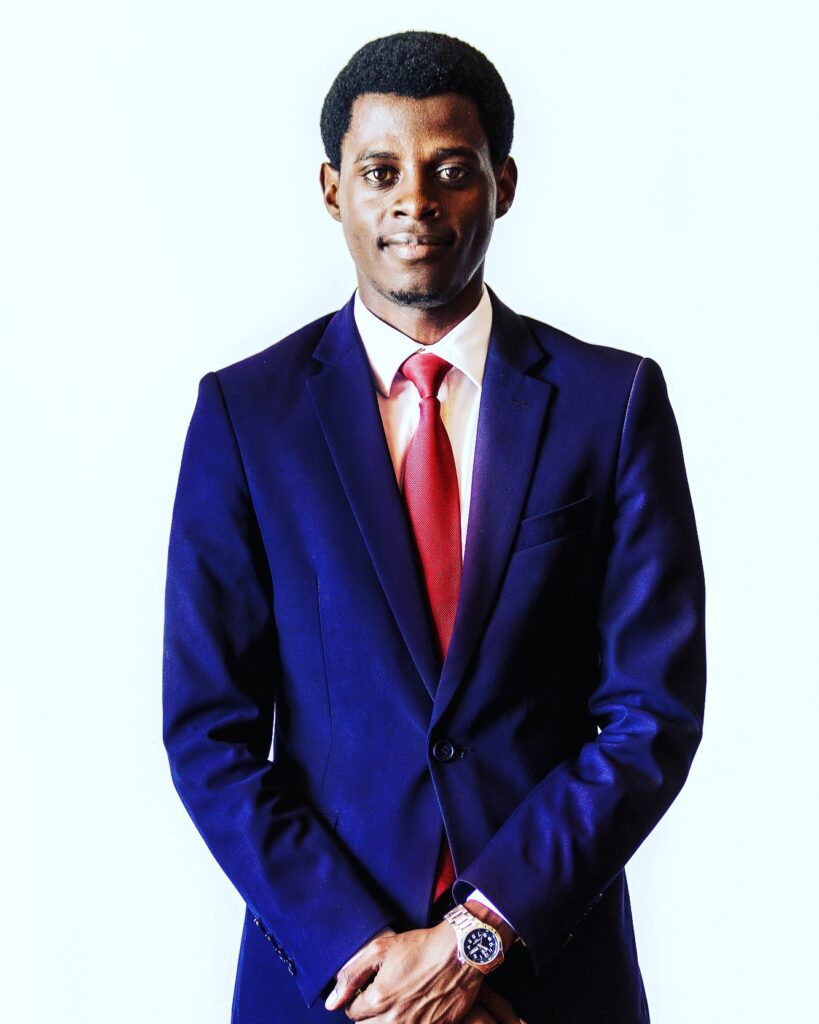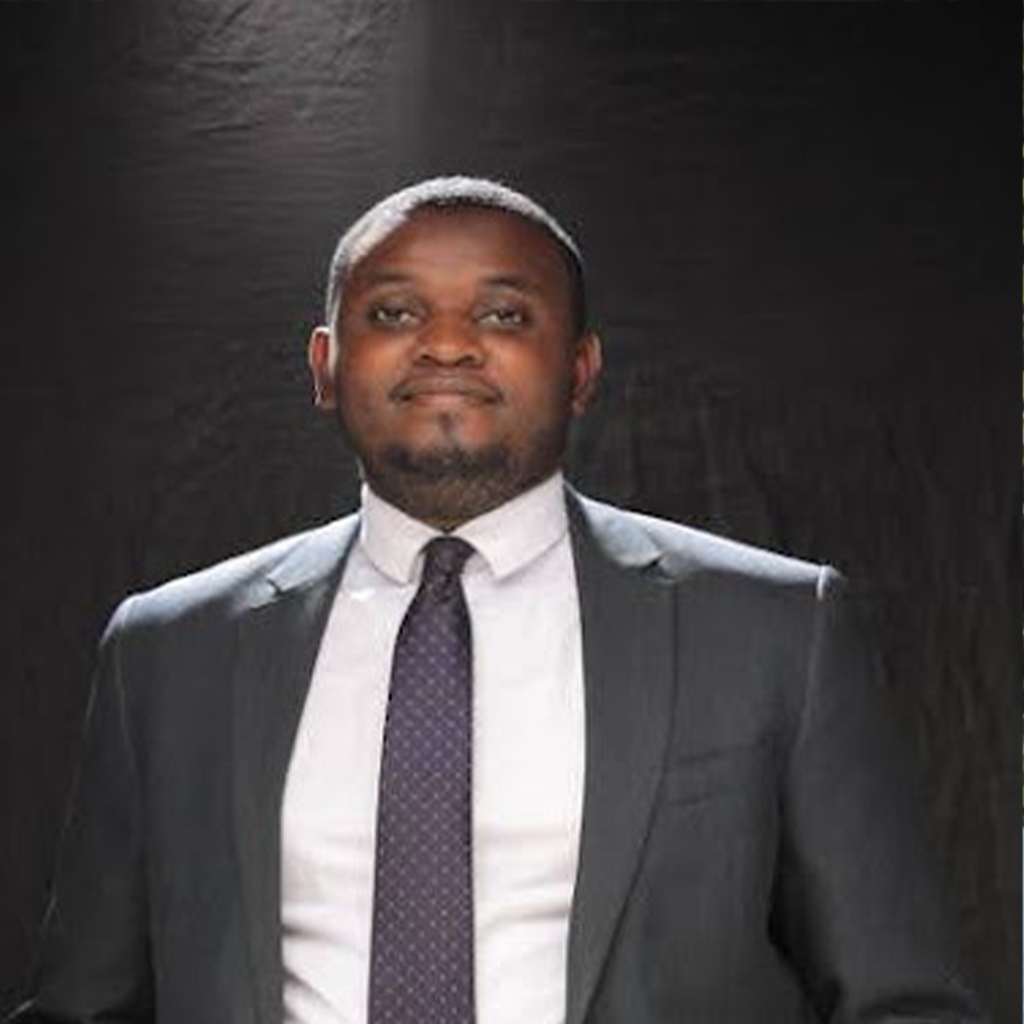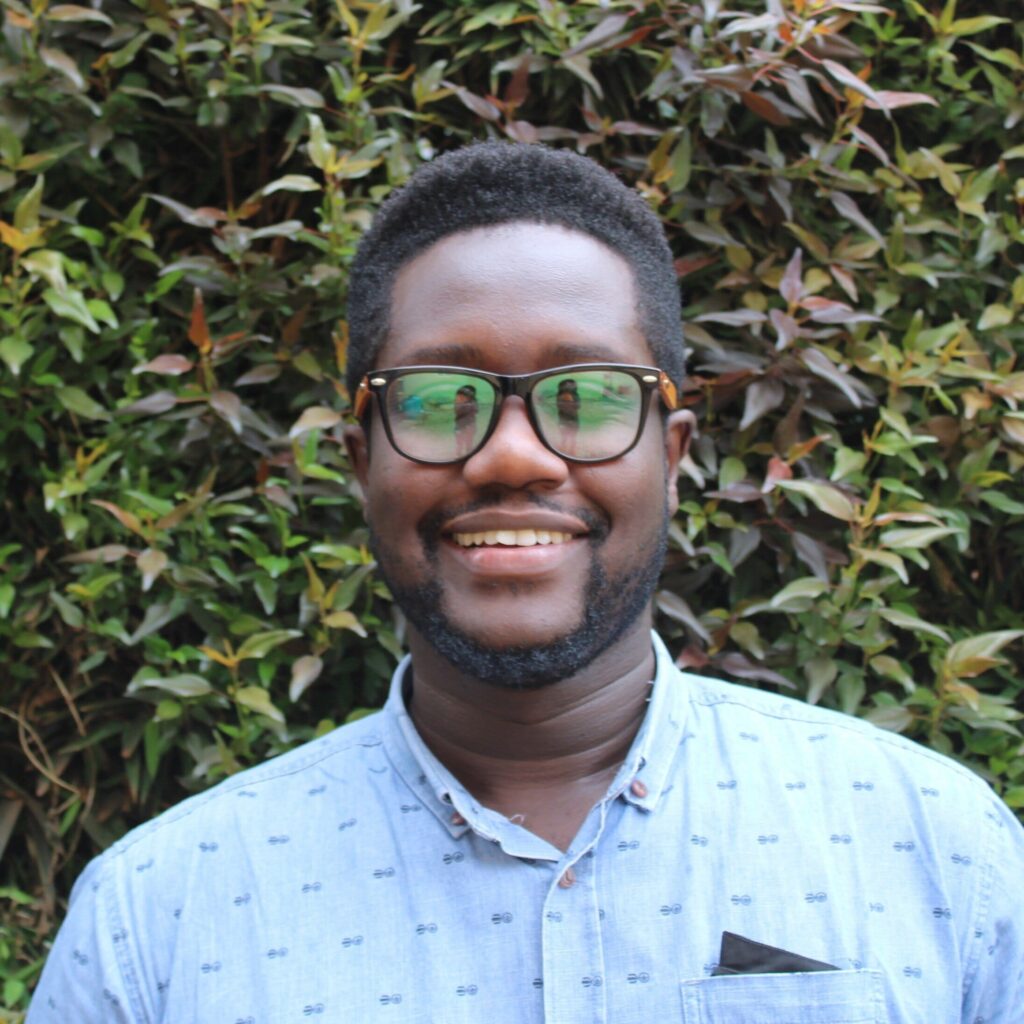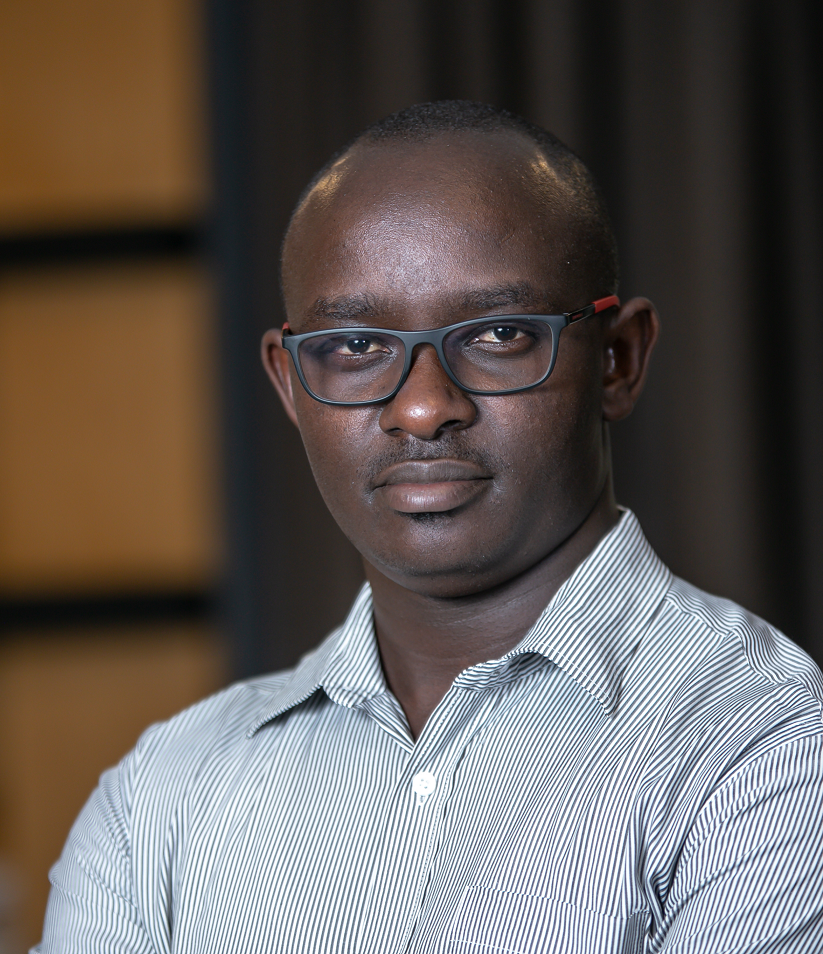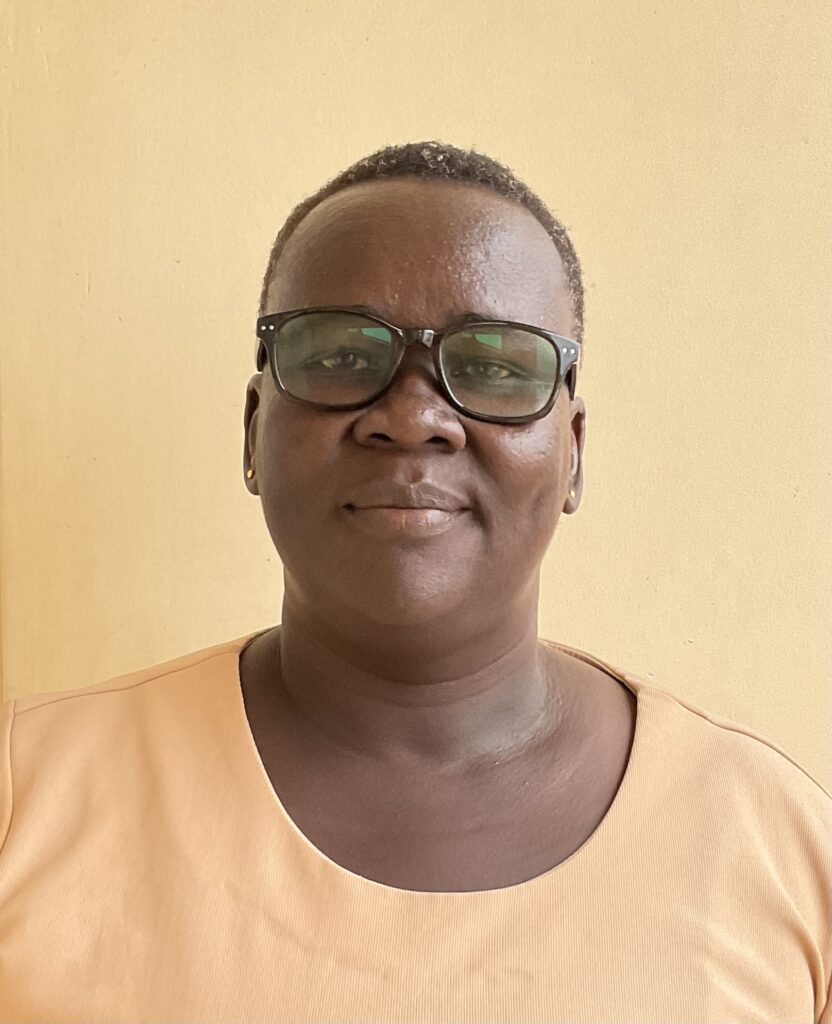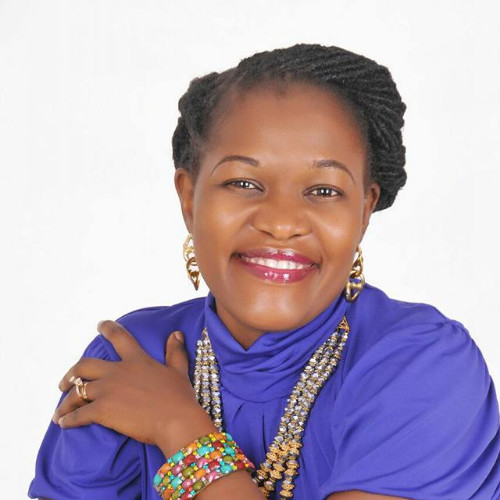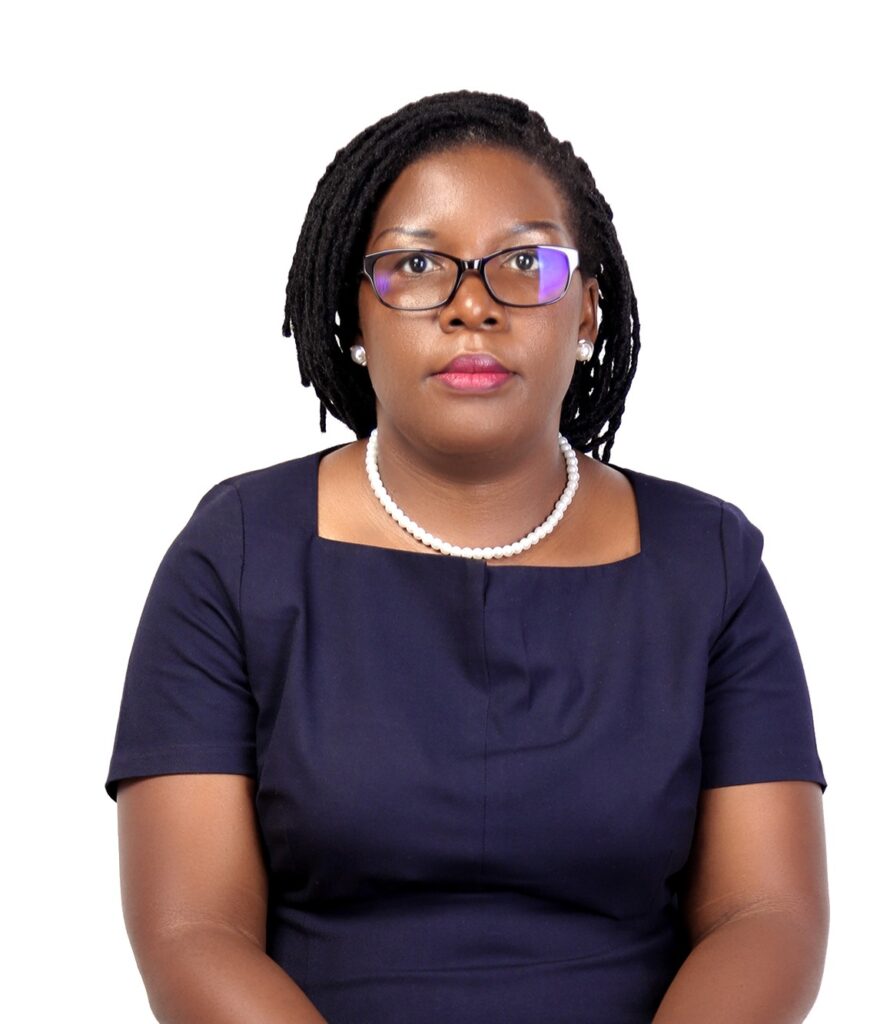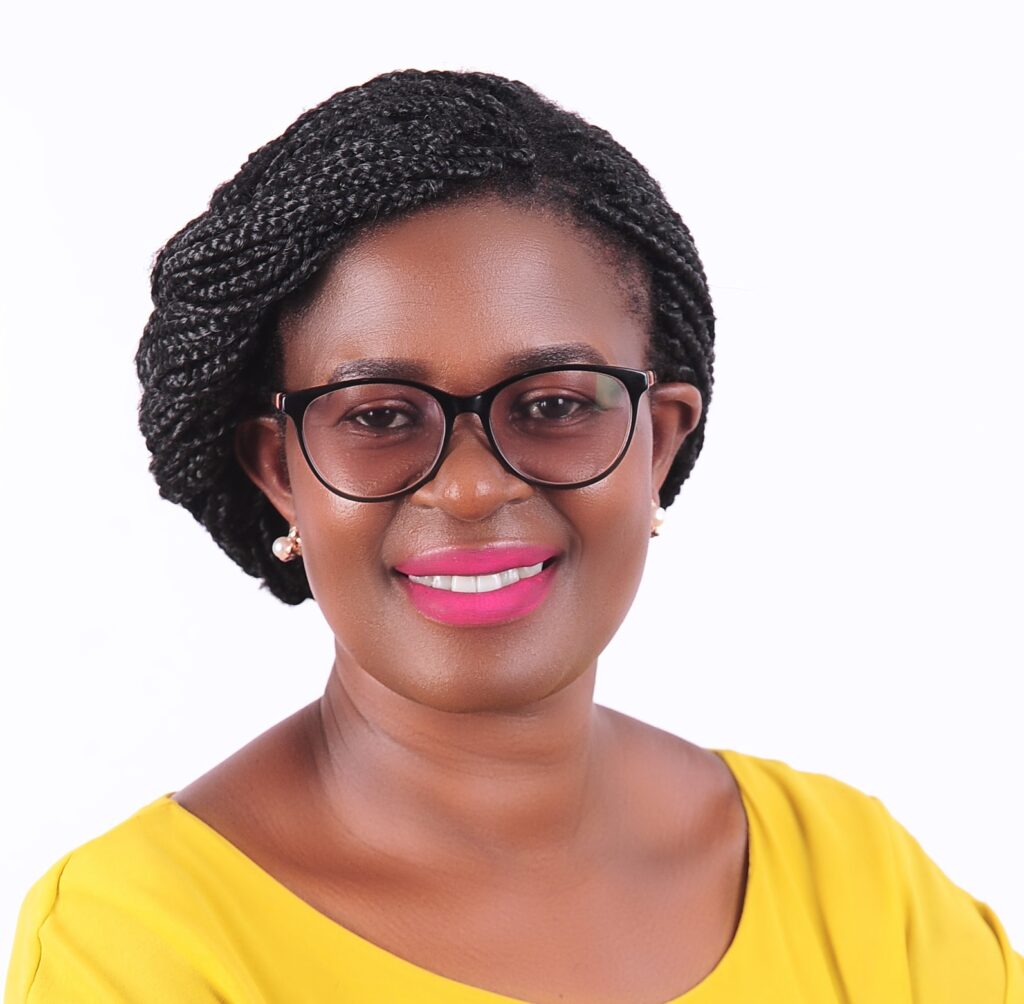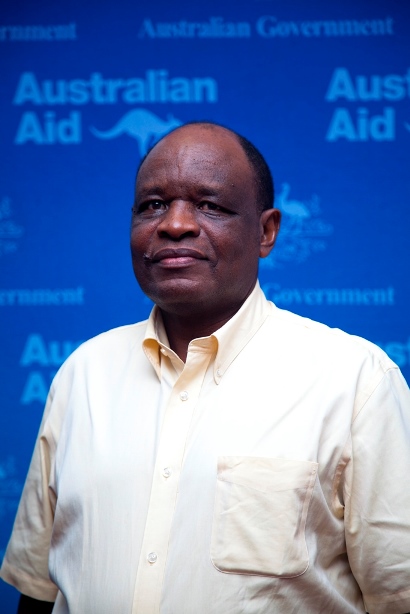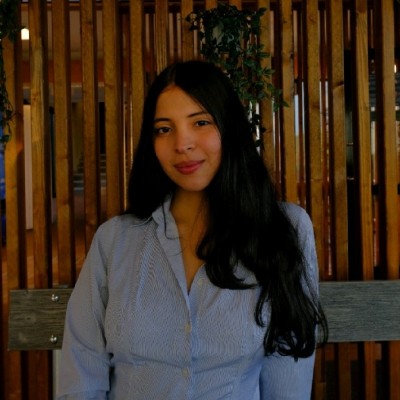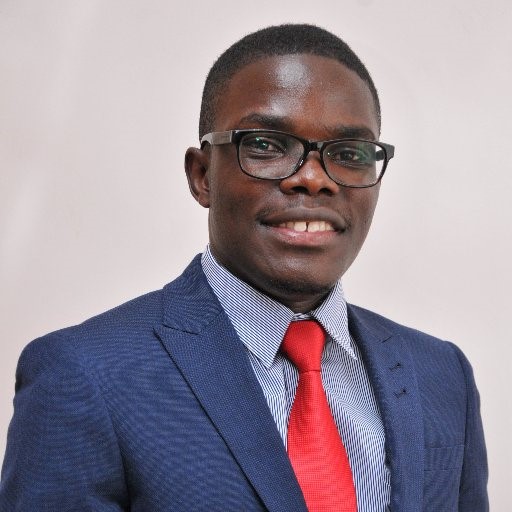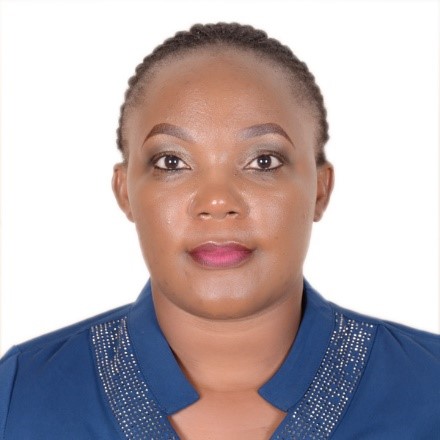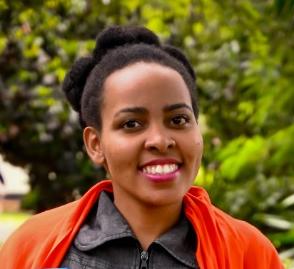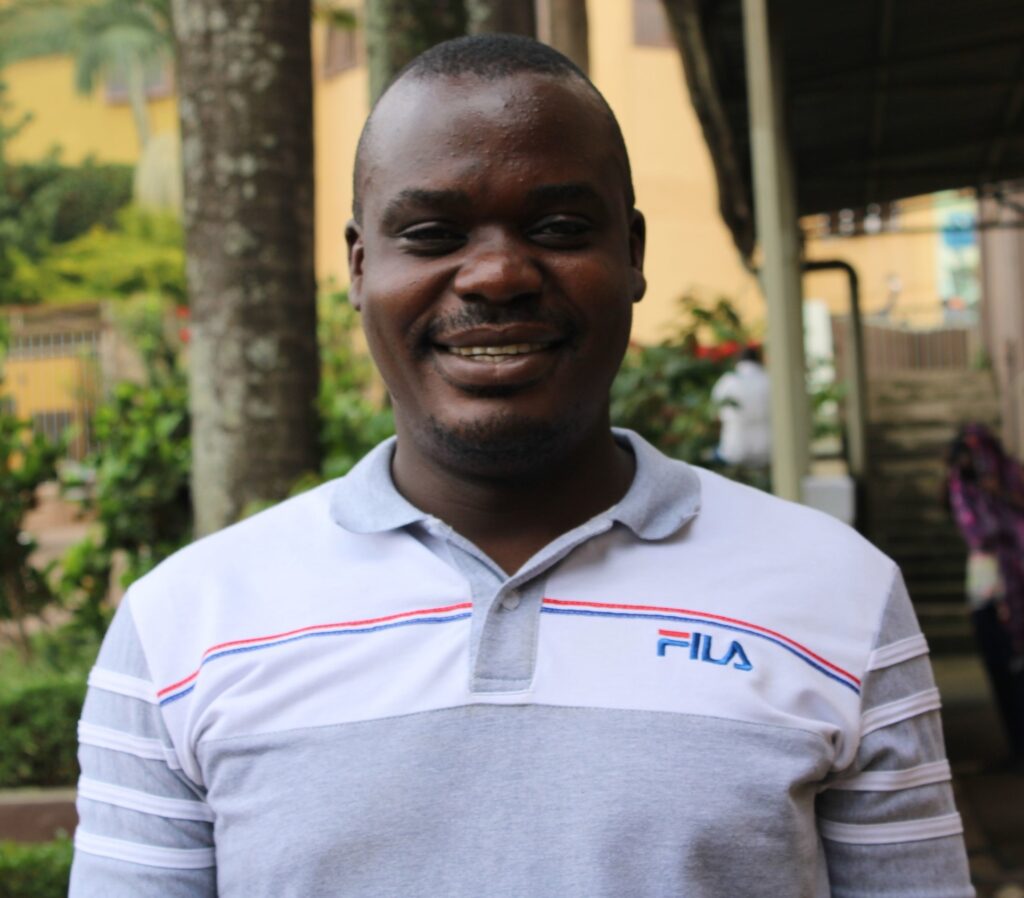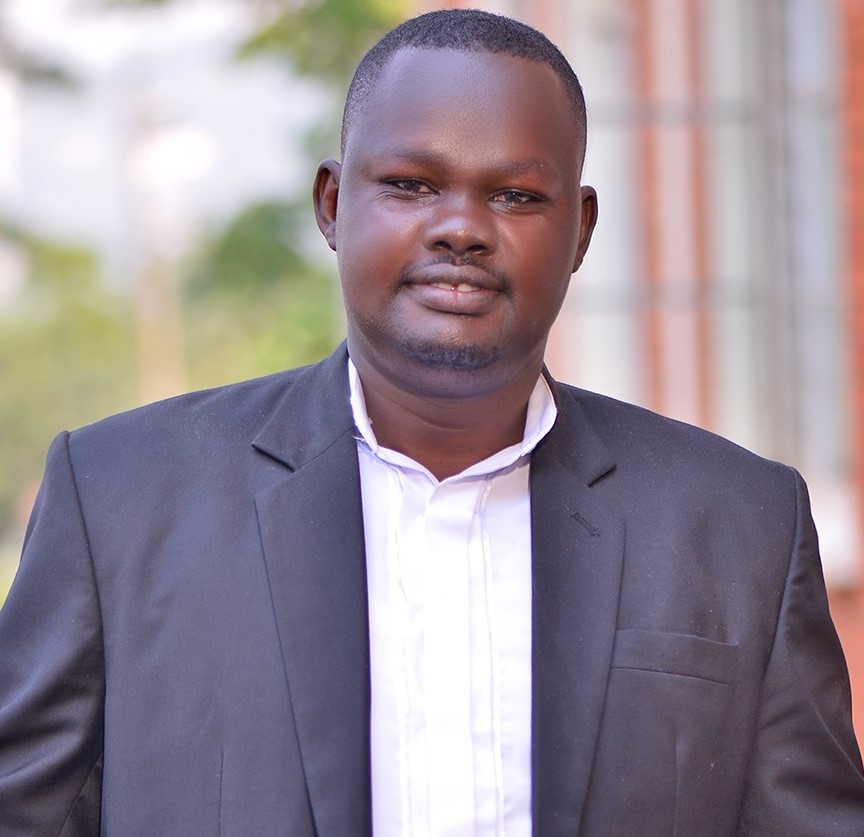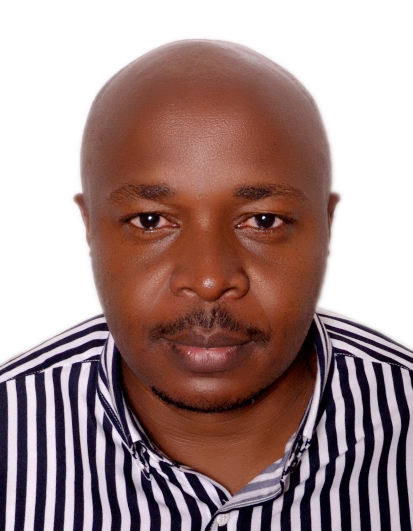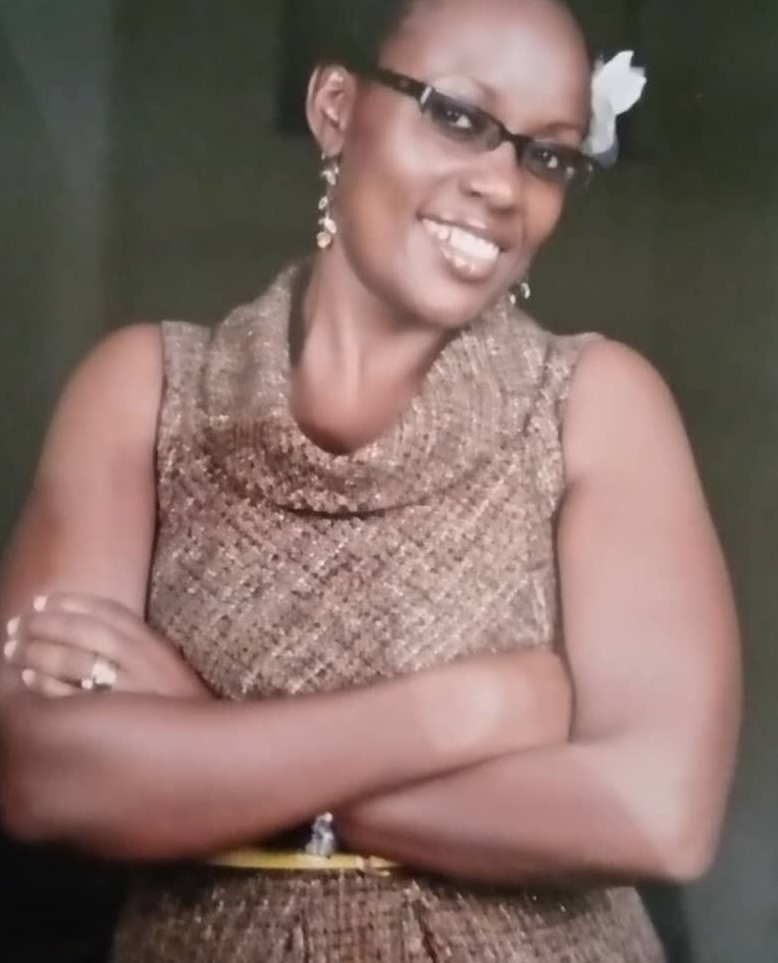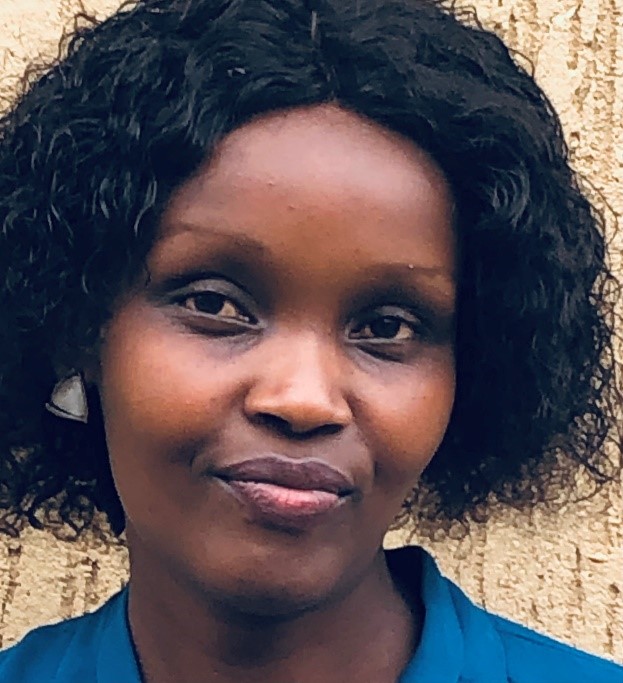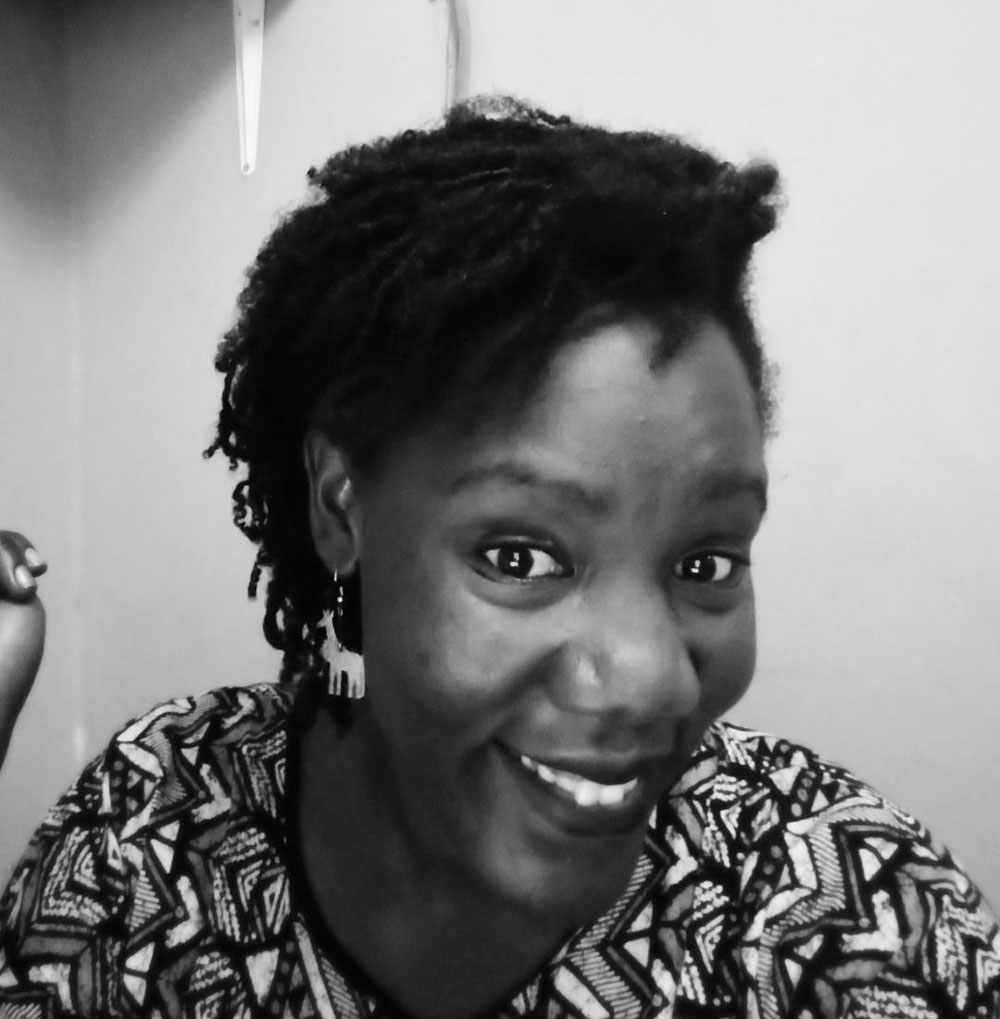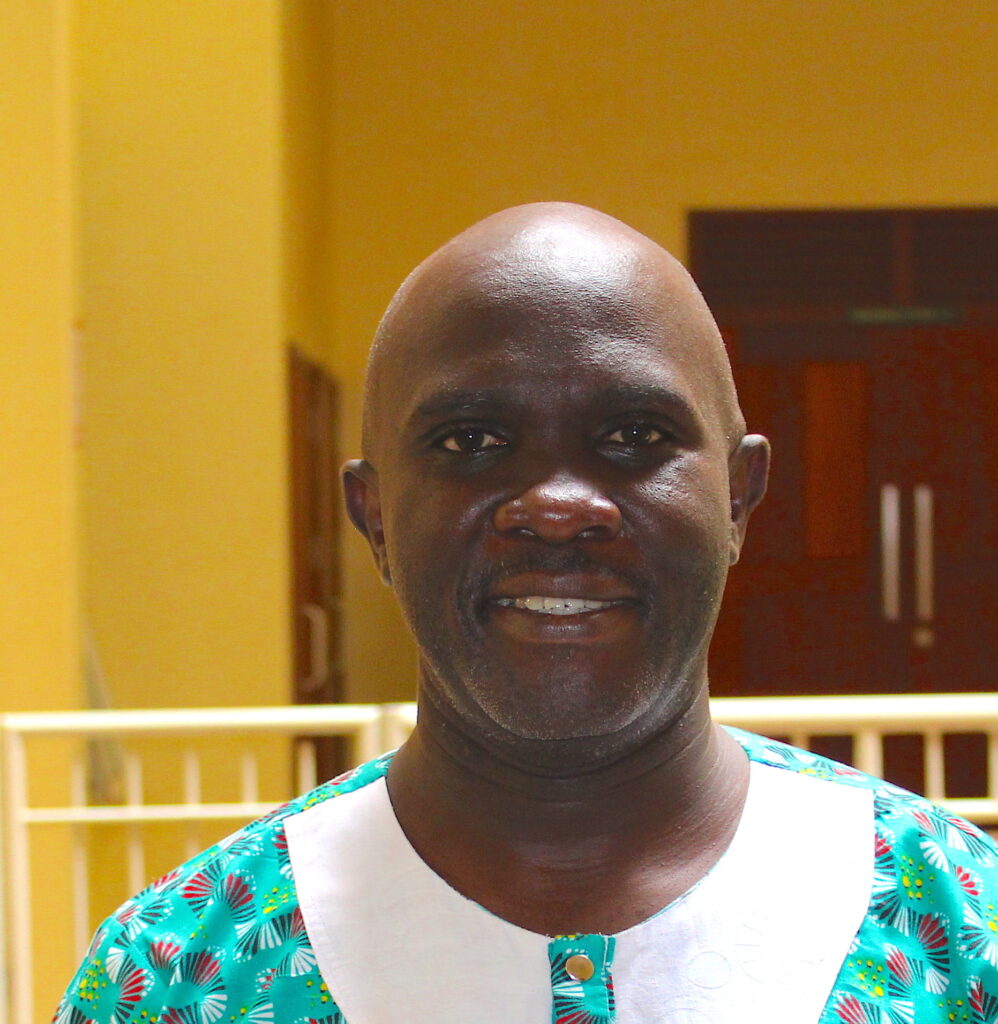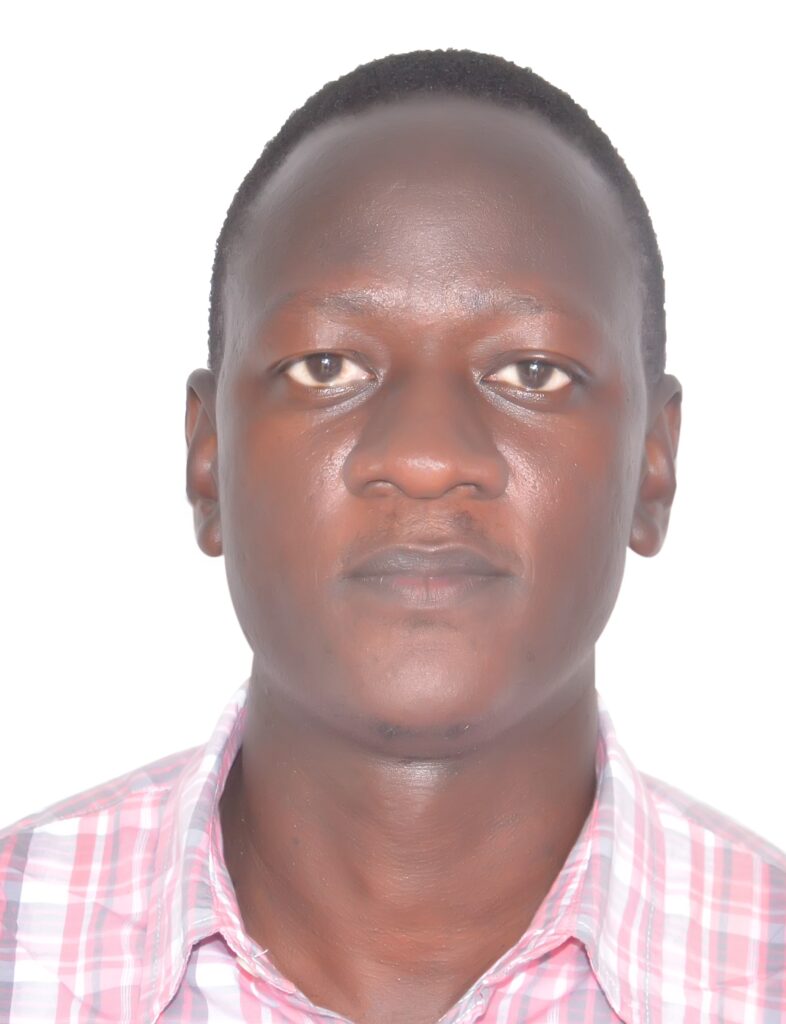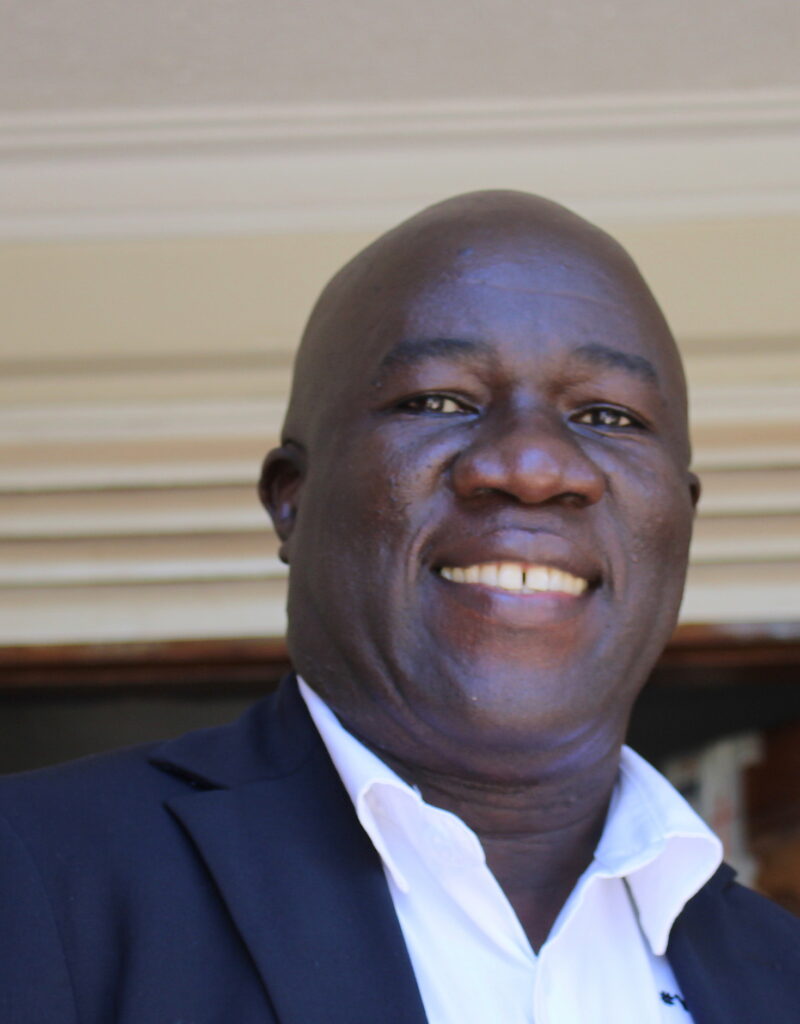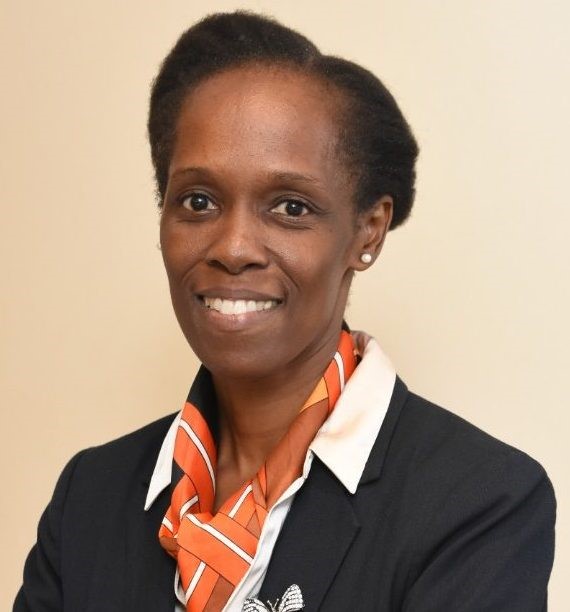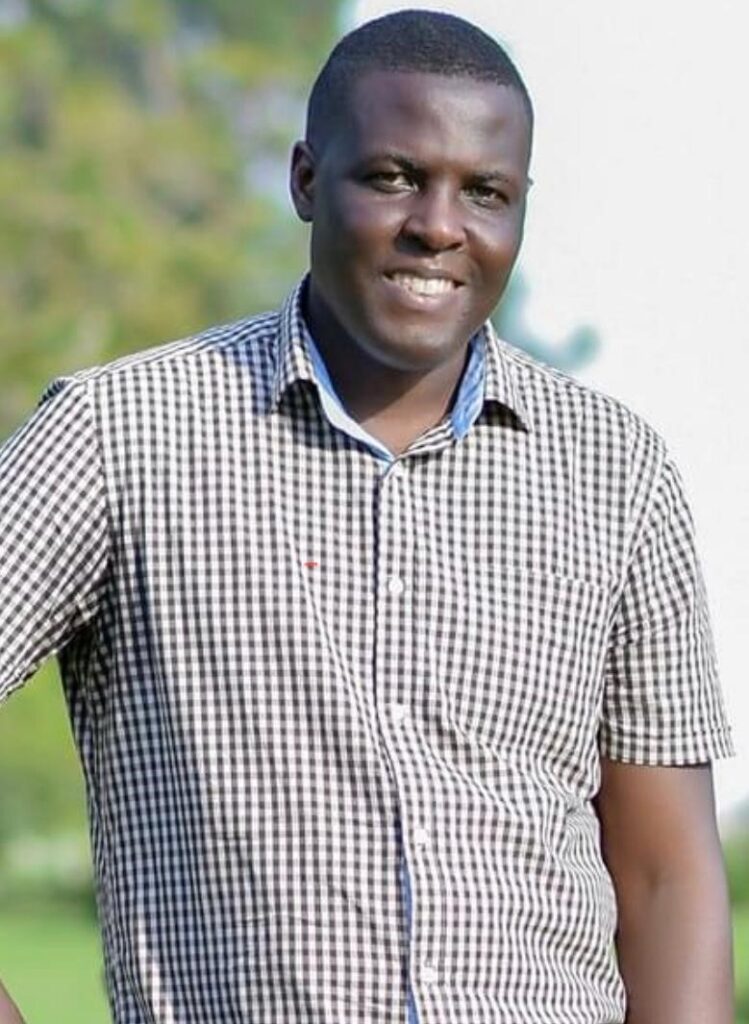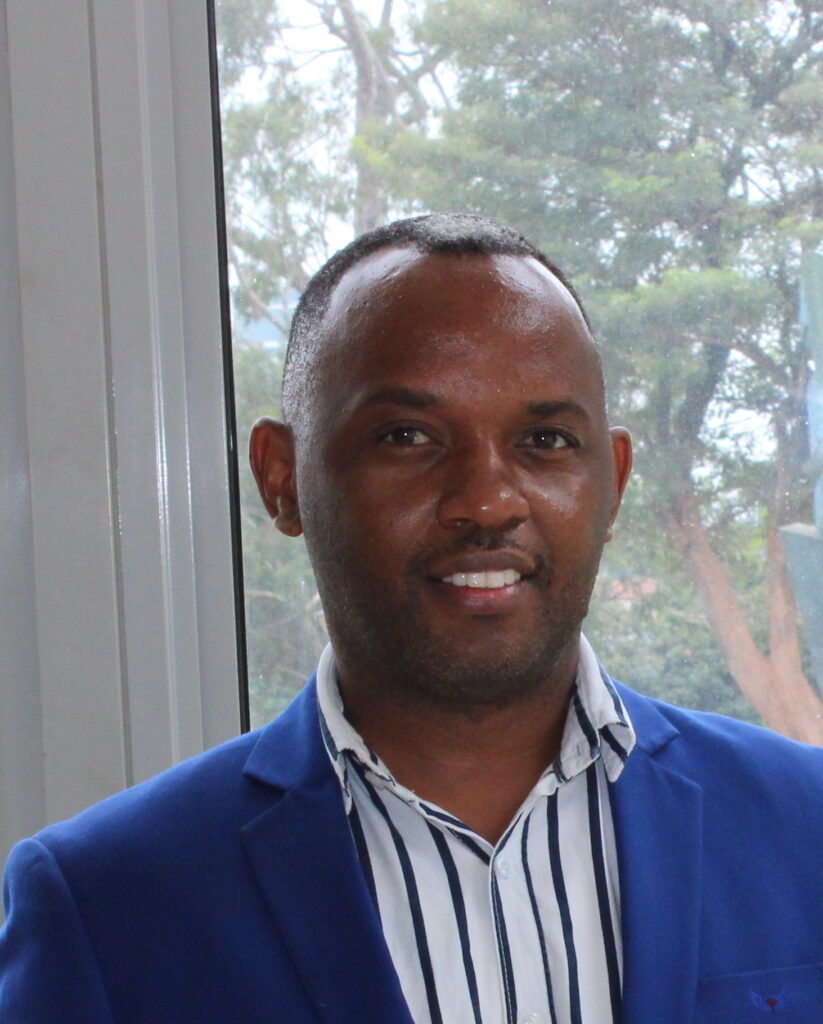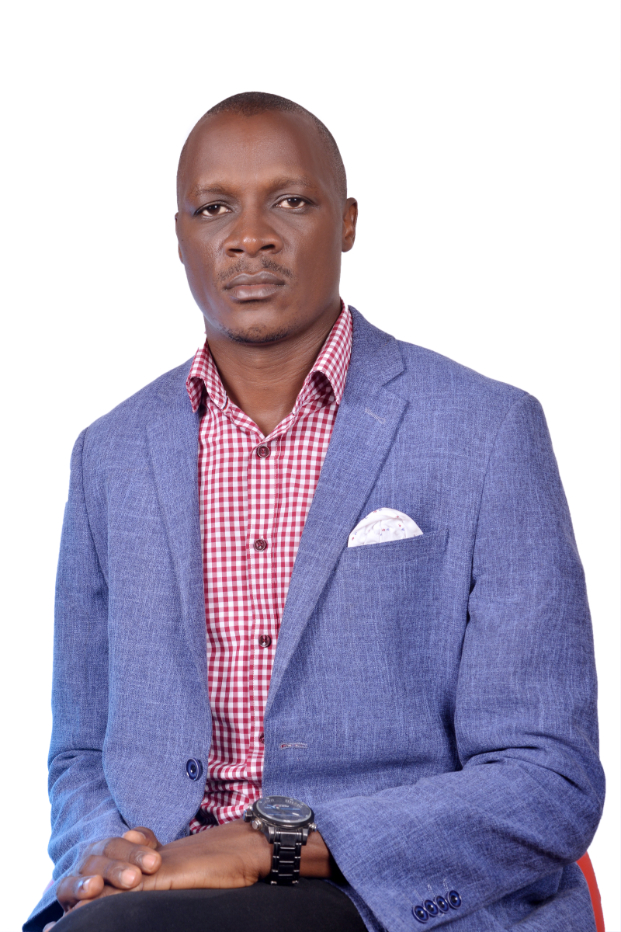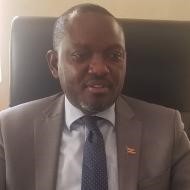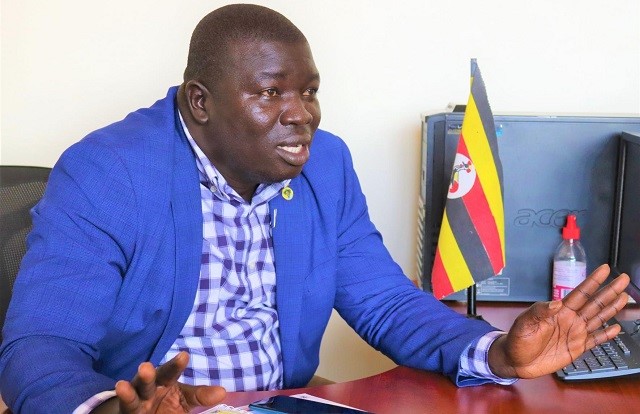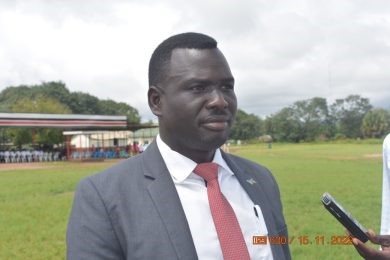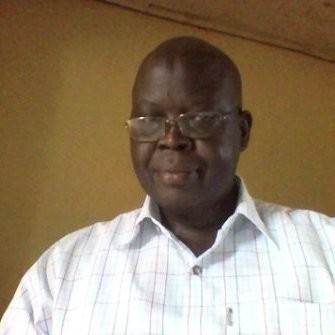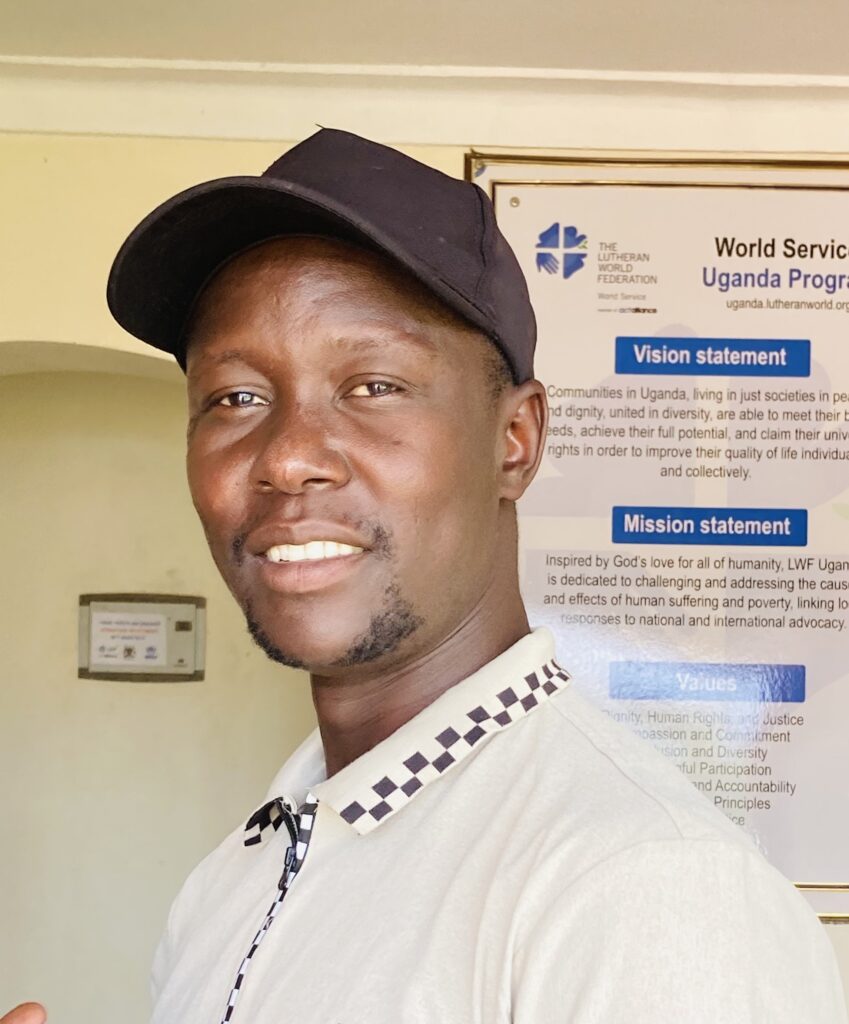Our People
CHASE-i is a one-stop multidisciplinary hub with a vibrant, innovative and high-performance team. This team is driven by the collective goal of improving health and socioeconomic outcomes using multidisciplinary approaches. We are intentional about partnerships and collaborative working arrangements with leading experts in their fields. CHASE-i’s model is one where team members and partners are affiliated to leading organisations in diverse disciplines, positions and geographical locations. They are drawn from the “three worlds” of research, policy and practice – working in academia, decisionmaking positions and at the frontline of service delivery. With shared values and a strong work ethic, we collaborate to achieve not only our own goals but also the collective goal.
Our highly skilled and experienced team members include biostatisticians, doctors, engineers, behavioural scientists, nutritionists, policy and legal experts, social workers, organisational development (OD) experts, development specialists, ICT specialists and public health specialists among others. Through multidisciplinary diversity and tapping into members’ networks, we are able to contribute in a number of areas including but not limited to Health – SRH, MCH, HIV/AIDS, nutrition, WASH, quality improvement, health systems, policy and governance; Protection – including GBV, child protection and legal; Agriculture and Livelihoods – including engagement of youth and women; ICT– including GIS and designing Apps to address socioeconomic problems; and Development. As our diverse projects will show.
Meet the Secretariat
Centre Advisory Board (CAB)
Meet the Associates
Partners (Current)
Jesse Kamstra
Isaac O. Wonyima
Association of ADHOs/MNCH
Justus Cherop Kiplangat
Celebrating Legacy
Prof. Stephen Lawoko
Prof Stephen Lawoko (1969 - 2021)
BSc | MSc. Stat. | PhD
Lead Biostatistician & Quantitative Methodologist
Professor Stephen Lawoko (RIP) was CHASE-i’s inhouse biostatistician and quantitative methodologist until the end of 2021 when he passed on. Between 2008 – 2018 he was Associate Professor at Karolinska Institutet, Sweden. At the time of his death, Prof. Lawoko was employed with Gulu University, in the Faculty of Medicine, Department of Public Health. Professor Lawoko had a PhD in Public Health from Karolinska Institute, Sweden and a Masters in Science in Statistics from Linkoping University in Sweden. He had been active in academia and research for more than 20 years, with a publication record of over 70 research articles in high impact peer-reviewed journals. Prof. Lawoko led several research and implementation projects, received several competitive research grants, and contributed to institutional building through curricula development and supervision of several PhD, Masters and Bachelors theses. He was an established global researcher and community enthusiast.
Under CHASE-I, Prof. Lawoko was Co-PI on the REFLECT and ALERTs study which focused on the experiences and impact of COVID-19 among refugees and communities in urban slums respectively. He also co-led the SUPREME assignment (2019-2021) seeking to strengthen implementation science and evidence-based programing while also widely disseminating innovation and learning from Uganda’s HIV/AIDS Prevention, Care and Treatment (PCT) in military settings.
